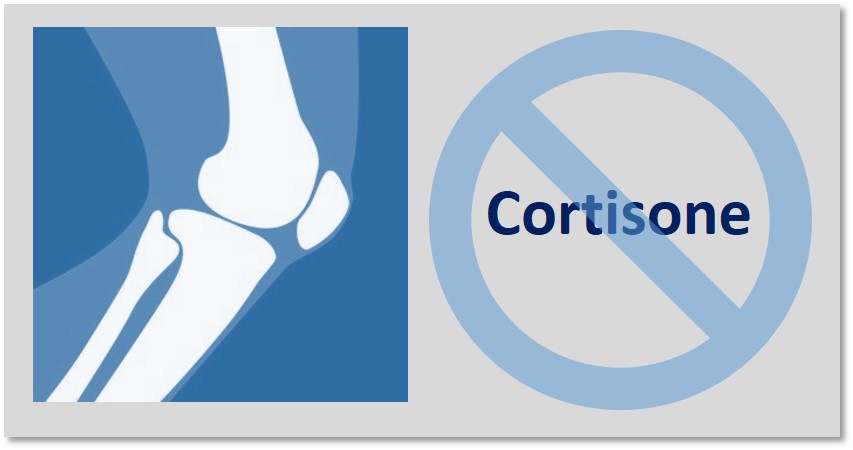Cortisone
Cortisone is one of the most important drugs that treat a large group of people. At the same time, it is naturally produced by the body as an important hormone in the body. It is a steroid hormone produced by the adrenal gland when exposed to stress. It contributes to the treatment of many diseases, even doctors call it the magical medicine. sometimes it is given in the form of intravenous injection or in the form of tablets, and despite its many benefits in treatment, it also causes negative effects on the body, especially with long use, which calls on patients to find a way to get rid of these effects, and in this article we will mention how to get rid of the effects of cortisone in the body?
The effects of cortisone in the body

It is known that cortisone inhibits the immune system, so it is especially used in the treatment of autoimmune diseases affecting the body such as: rheumatoid arthritis, Crohn’s disease, eye diseases and various skin diseases, it reduces the chance of inflammation and remove the pain and remove swelling, but the most important effects of cortisone in the body are:
- High blood sugar, increased body resistance to insulin.
- Osteoporosis.
- Feeling depressed and anxious.
- Cataracts.
- The incidence of Cushing syndrome, which is known as the face of the moon, occurs in which the accumulation of fat in the face and neck.
- Interruption of the menstrual cycle for women.
- Some rare changes include: feeling of pain, inflammation, loss of fatty body tissue, and tendon and ligament rupture.
- Retention of fluid in the body and increased body weight.
- Increase the number of urination times, increase the feeling of thirst.
- Stomach pain.
How to get rid of the remnant of cortisone in the body?
To get rid of the remnant of cortisone in the body, follow these instructions:
- Minimize the intake of sodium salts that cause fluid retention in the body, so that the amount of salt consumed per day does not exceed grams, and avoid the foods that are ready-made and tagged, sugar, crackers and foods that contain high sugar content.
- Eat plenty of fresh vegetables and fruits, because this prevents weight gain, and eating banana fruit to compensate for the potassium lost by the body.
- Eat protein foods in the evening; because the body does not digest them in the morning, and that includes: fish, meat and eggs.
- Eat daily dairy products to compensate for calcium lost due to cortisone, and eat cheese rich in vitamin D; to promote bone absorption of calcium.
- Minimize as much sugar as possible to prevent hyperglycemia.
- Reduce foods that contain high fat, replace white bread with brown bread, and avoid foods that increase appetite to avoid obesity.